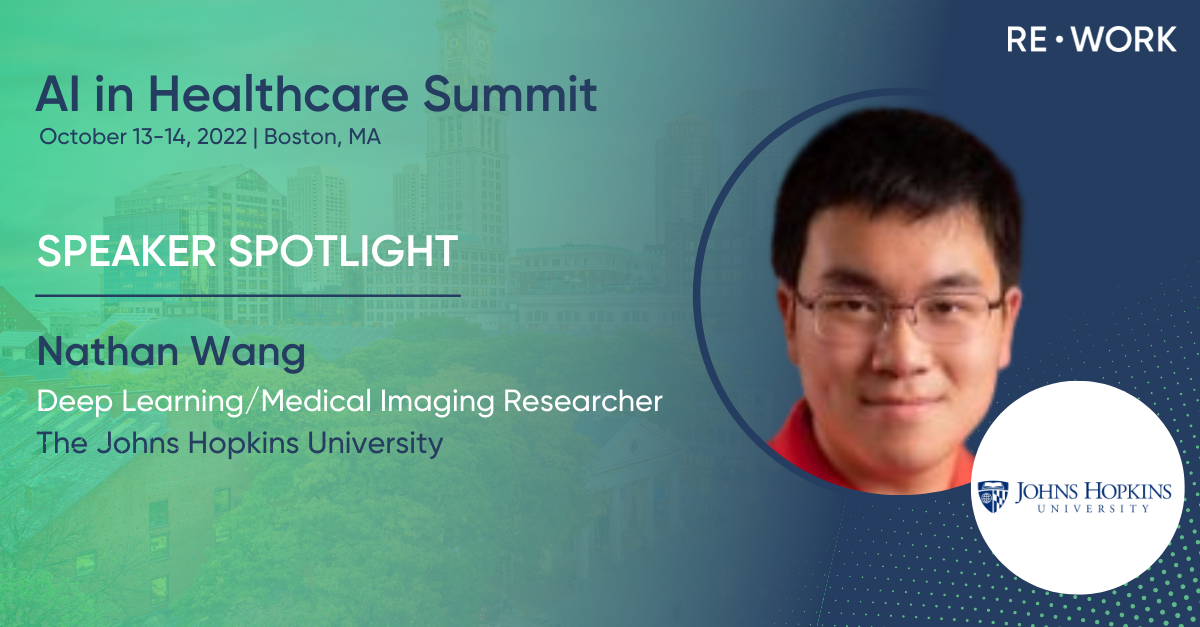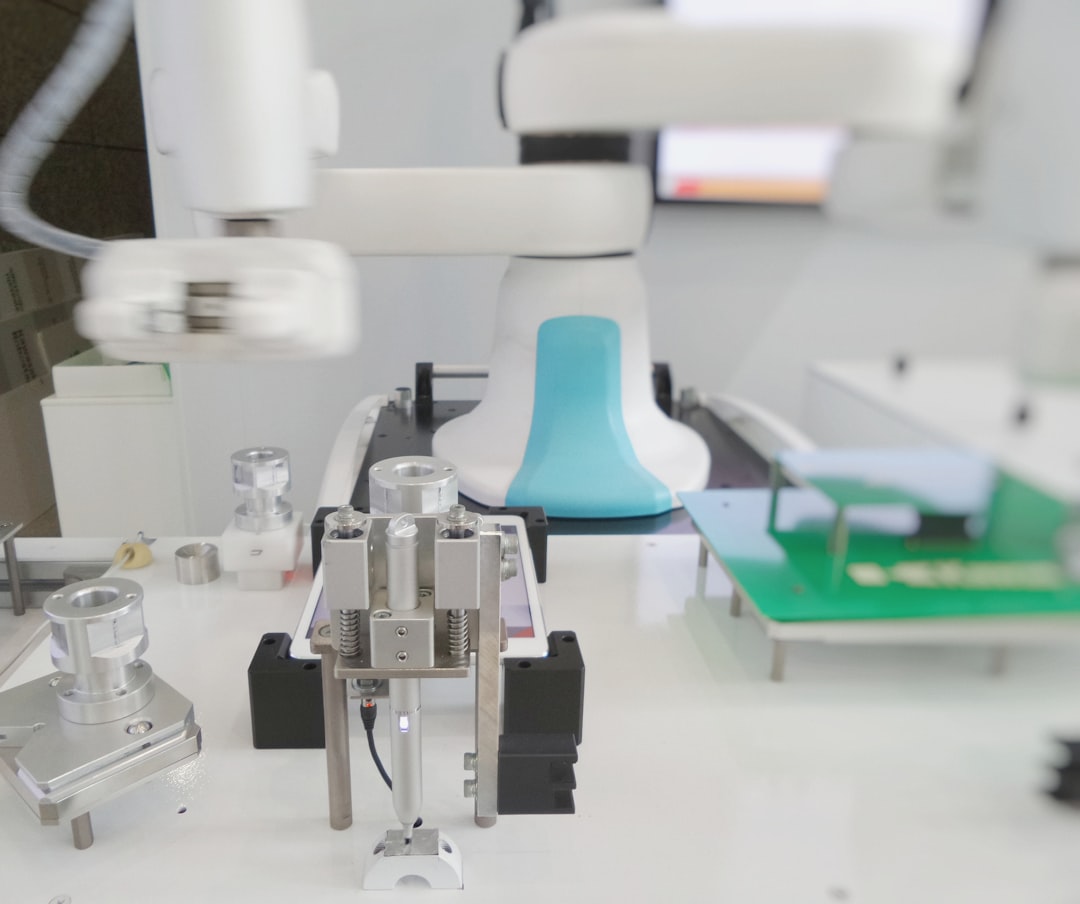Artificial Intelligence is quickly becoming one of the key factors in advancements in the healthcare industry. Ahead of the RE•WORK - AI in Healthcare Summit Boston, we asked Nathan Wang - Deep Learning/Medical Imaging Researcher at Johns Hopkins University his thoughts on the topic. Here's what he had to say:
What do you think is the most important advancement for AI in healthcare?
"In recent years, the field has made great strides in model interpretability. As a researcher, being able to intuitively grasp the “reasoning” behind our AI helps us build more robust and accurate models. Hopefully, clinicians and patients will eventually be able to have more confidence in these AI systems."
What do you think will be AI’s crowning achievement for healthcare and patient outcomes?
"I think AI’s crowning achievement is yet to come. I feel when deep genomics and radionics become more major, AI will play an even larger role than it does today."
What are some recent wins from an AI project you are working on? What challenges did you face during it? How did you overcome them?
"My work at Johns Hopkins involves deep learning-based intraoperative image analysis, particularly distinguishing between cancer and non-cancer tissues in the human brain cortex from optical coherence tomography (OCT) images. A significant challenge I faced was to design an AI model that generalizes well to data from patients outside the training set. Although deep networks excel at extracting hidden patterns, the most easily learnable patterns are not always correct. Hence, it is important to employ different data normalization and transformation methods. In my project, I found image texture to be very useful in an ensemble learning scheme so that we have both deep learning and classic pattern recognition techniques work together."

How ingrained will AI be in the clinical workflow 5 to 10 years from now? What will some future trends be then?
"I see AI will be more and more closely assisting experts through the clinical workflow from diagnosis to treatment. AI has proven adept at not only early diagnosis and screening but also predicts long-term prognosis. By engaging in timely treatment, which can be made more precise and efficient with AI, people can expect to live longer and healthier lives."
What are you most looking forward to while speaking at the AI Healthcare Summit?
"The relevance and impact of AI in healthcare is clearly reflected in the impressive panel of expert speakers from various industries and research backgrounds. I look forward to learning firsthand about the forefront of AI in fields adjacent to my own and engaging in inspiring conversations that would positively influence my research direction."
Want to learn more?
Nathan will be speaking at the upcoming AI in Healthcare Summit on October 13-14, 2022, in Boston, MA. Join him and many other AI/ML and Deep Learning experts to learn more about the latest trends and opportunities in healthcare.
Early Bird Passes end on Friday, September 2, so book your place today.
For more information contact [email protected].
